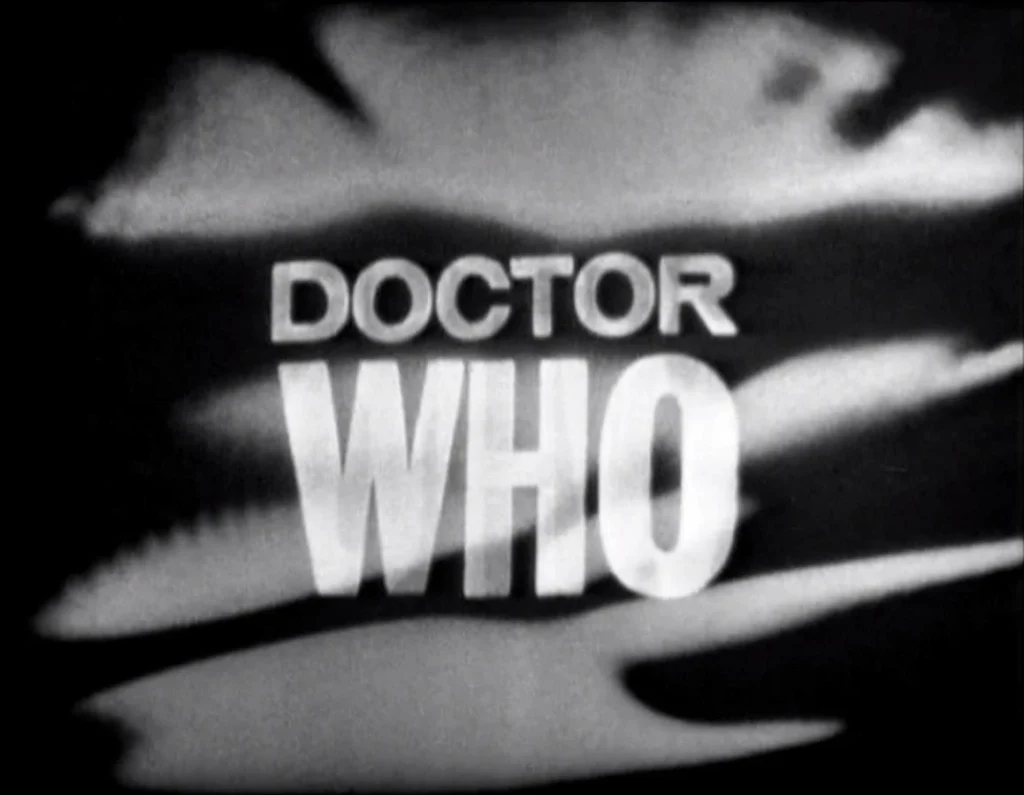Exploring the Timeless Legacy of “Doctor Who”
Introduction
“Doctor Who,” the iconic British science fiction television series, has captivated audiences around the world since its inception in 1963. Created by Sydney Newman, C.E. Webber, and Donald Wilson, the show has become a cornerstone of popular culture, renowned for its imaginative storytelling, complex characters, and groundbreaking concepts. This article delves into the essence of “Doctor Who,” offering a detailed exploration of its history, and characters, and providing readers, with a deep understanding of why this series remains a beloved phenomenon.
The Genesis of “Doctor Who”
“Doctor Who” first aired on November 23, 1963, on the BBC. Its initial premise revolved around the Doctor, a Time Lord from the planet Gallifrey, who travels through time and space in the TARDIS (Time And Relative Dimension In Space), a time machine that appears as a blue police box on the outside but is vast on the inside. Debut marked the beginning of an era in television science fiction, breaking new ground with its blend of adventure, mystery, and speculative science.
The original run of “Doctor Who” lasted until 1989, and although it faced numerous challenges, including fluctuating ratings and budget constraints, it retained a loyal fan base. Its revival in 2005 breathed new life into the series, introducing it to a new generation while preserving the creativity that had made it a classic.
The Evolving Role of the Doctor
One of the most distinctive features of “Doctor Who” is the Doctor’s ability to regenerate—a plot device that allows the character to transform into a new form. This innovation, introduced in 1966 when the first Doctor, William Hartnell, was replaced by Patrick Troughton, has allowed the series to reinvent itself over the decades. Each incarnation of the Doctor brings a unique personality and style, from Tom Baker’s eccentric Fourth Doctor to David Tennant’s charismatic Tenth Doctor and Jodie Whittaker’s groundbreaking Thirteenth Doctor.
The regeneration concept not only ensures the show’s longevity but also explores themes of identity, change, and continuity. It challenges both the character and the audience to embrace new interpretations while maintaining the core essence of the Doctor—a wise, enigmatic figure with a deep sense of justice and curiosity.
The Rich Tapestry of Companions
Throughout its history, “Doctor Who” has been defined not only by the Doctor but also by the diverse companions who travel with him. These characters, often from different backgrounds and eras, provide a human perspective to the Doctor’s adventures. From Sarah Jane Smith, a pioneering journalist, who became a fan favorite, to Rose Tyler, who bridged the gap between the old and new series, companions play crucial roles in shaping the narrative and exploring the Doctor’s character.

The dynamic between the Doctor and their companions often drives the emotional core of the show. Companions challenge the Doctor’s decisions, reflect their values, and offer viewers relatable experiences. This relationship is central to the show’s appeal, making it as much about personal growth and relationships as it is about interstellar escapades.
Innovative Storytelling & Themes
“Doctor Who” is renowned for its innovative storytelling, which blends science fiction, fantasy, and historical drama. The series frequently tackles complex themes such as morality, sacrifice, and the nature of time. Episodes like “Blink,” which explores the concept of time travel and predestination.”The Caves of Androzani,” which delves into themes of corruption and redemption, showcase the show’s ability to blend thought-provoking narratives with engaging entertainment.
The show’s use of imaginative concepts—such as the concept of a time machine that can travel anywhere in time and space, and alien civilizations with unique cultures—demonstrates its creative prowess. This blend of speculative fiction and philosophical inquiry sets “Doctor Who”. As a series that encourages viewers to think critically about the world and their place in it.
Cultural Impact & Legacy
The influence of “Doctor Who” extends far beyond television. It has inspired a vast array of spin-off media, including novels, audio dramas, comic books, and merchandise. The show’s impact on science fiction and popular culture is profound, inspiring other creators and contributing to the genre’s evolution.
Additionally, “Doctor Who” has fostered a dedicated fan community known as Whovians. Who celebrates the series through conventions, fan fiction, and social media. Community plays a vital role in the show’s enduring success, perpetuating its legacy and ensuring its place in the cultural zeitgeist.
Conclusion
“Doctor Who” is more than just a television series; it is a cultural phenomenon that has captured the imaginations of millions. Its innovative storytelling, memorable characters, and exploration of profound themes have solidified its place as a landmark in science fiction. Whether you are a fan or a newcomer to the Whovian universe, the legacy of “Doctor Who” offers a rich tapestry of adventure, imagination, and timeless appeal.

